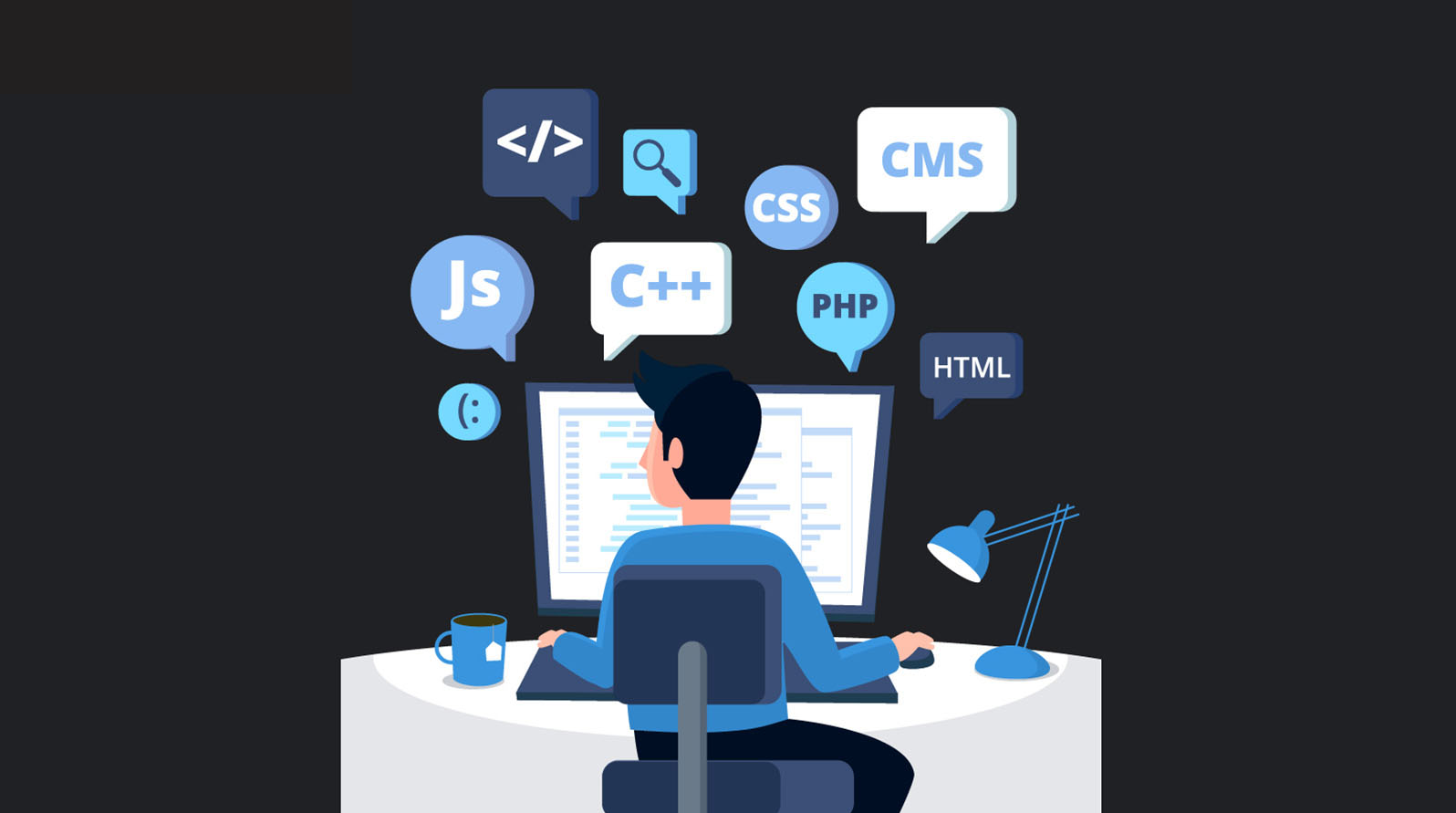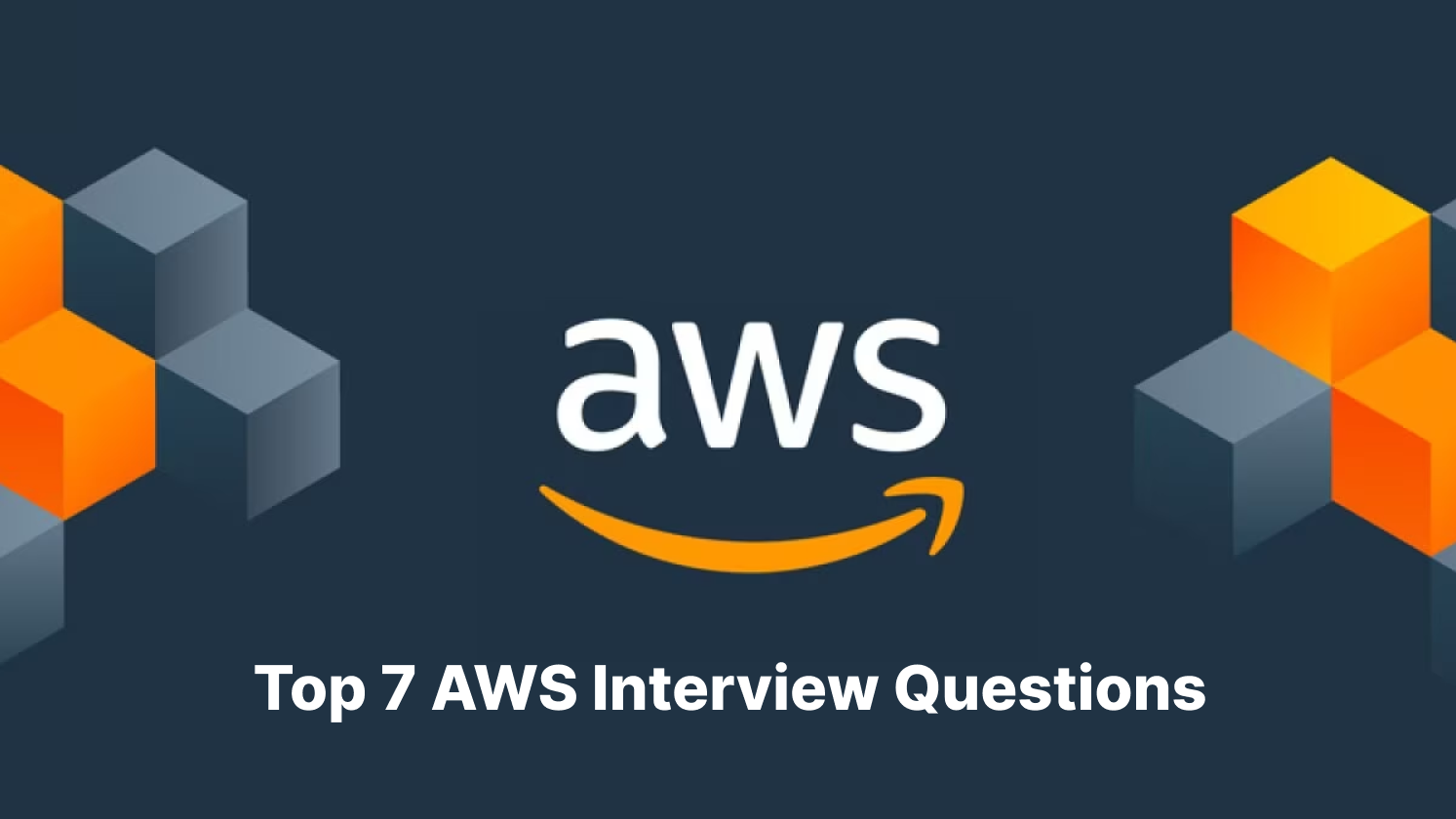Introduction
In today’s highly competitive tech industry, finding the right talent is more challenging than ever. According to Statista, there are around 26.9 million software developers worldwide, and the number is expected to grow to 28.7 million in 2024. This growing talent pool presents both an opportunity and a challenge for recruiters. While it means there are more potential candidates to fill roles, it also implies that the process of identifying and assessing the best fit has become increasingly complex and time-sensitive.
The developer assessment interview is a crucial part of the recruitment process and needs to be well-structured for accurate results. Conducting an effective assessment interview is not just about asking the right software engineer interview questions; it’s about having a well-structured process that evaluates both the technical and soft skills of the candidate.
According to LinkedIn’s recent survey, 83% of talent say a negative interview experience can change their mind about a role or company they once liked. This underscores the importance of not just asking relevant software engineer interview questions but of having an organized system to evaluate candidates’ full range of skills.
This is where Interview Zen comes into play. It offers a comprehensive set of features that help you design online technical assessments that are both comprehensive and fair. From setting up technical assessment tests to analyzing the results, Interview Zen provides a complete solution.
In this article, we will explain how to structure your developer assessment interviews effectively and what developer assessments, tests, and tools to consider.
What is a Developer Assessment?
The primary objective of a developer assessment is to identify candidates who not only excel in coding but also display problem-solving abilities, teamwork, and effective communication.
According to the latest research by LinkedIn, the most frequently used interview techniques are structured interviews. Structured interviews are being used by 74% of hiring managers around the world, emphasizing the need for a more organized and targeted approach. Developer assessments have become increasingly relevant in modern hiring because they offer a multidimensional view of candidates, evaluating them through technical assessment interviews, coding challenges, and sometimes even soft skills tests.
Why Developer Assessments are Important?
According to a report by the U.S. Department of Labor, the price of a bad hire can amount to at least 30% of the individual’s first-year earnings. Hiring an unqualified software engineer can have a long-lasting impact on a team and the broader organization.
Poor hires can slow down project timelines, create friction within teams, and ultimately result in increased costs associated with low productivity and employee turnover. These setbacks can be devastating, especially in the technology sector, where competition is intense, and the speed of innovation is rapid.
According to research by Harvard Business, 76% of organizations with more than 100 employees rely on assessment tools for skills and personality tests for hiring. And over the next few years, that figure is expected to climb to 88%.
Developer assessments serve as a crucial tool to mitigate these risks. Conducting comprehensive technical assessment tests allows hiring managers to obtain an in-depth view of a candidate’s technical capabilities. These assessments can include coding challenges, algorithmic problem-solving tasks, and other relevant software developer assessment tests, providing a detailed insight into a candidate’s skill set.
Read our guide on How To Optimize Your Technical Hiring Process: A Guide for further insights into optimizing your technical hiring process.
Tests Needed To Hire the Right Developer
Hiring top-notch technical talent requires recruiters to deeply understand both the technical and human elements that make a developer truly exceptional.
Here’s a more comprehensive tests involved in this complex process:
1. Test for Technical Skills
Programming Languages
Understanding which programming languages a candidate knows well is a key assessment part. These languages are the basic tools for any software project, and knowing which ones a developer is good at can help you decide if they’re right for your team.
When hiring for specialized roles like a back-end developer, it’s not just about whether candidates know a specific language like Ruby or Python. It’s about how well they use these languages to solve problems, optimize performance, and collaborate in a team setting.
Here are some ways you can take your assessment a step further:
- Code Efficiency: Pose coding challenges that require candidates to write not just functional but also efficient code. How they handle data structures and algorithms can be telling.
- Library and Framework Knowledge: Beyond the language, familiarity with widely used libraries and frameworks (e.g., Django for Python, Rails for Ruby) is often essential for rapid development and deployment.
- System Design: Given a scenario, can they design a system architecture that is scalable, maintainable, and robust? This will help you gauge their understanding of databases, APIs, and server management.
- Debugging Skills: Provide broken or inefficient code and ask them to debug it. This can be an eye-opener on how they approach problem-solving and troubleshooting.
- Code Reviews: Ask candidates to review a sample code. This will help you understand their attention to detail and whether they can spot issues related to security, performance, and code quality.
Programming Frameworks
When assessing candidates, frameworks should be considered; they often define the speed and quality of development. Frameworks are like special tools that make it easier to do specific tasks in different programming languages.
Here’s how you can take a more in-depth approach:
- Problem-Solving within the Framework: Test the candidate’s ability to navigate the framework to solve complex issues. Do they know how to exploit the framework’s unique features and libraries to build scalable and maintainable solutions?
- Version Control and Migration: Technologies evolve quickly, and frameworks are no exception. Ask how they’ve dealt with version changes and what steps they took to migrate projects from older to newer versions without causing disruptions.
- Integration Skills: Assess their experience integrating the chosen framework with other technologies and services. For instance, how would they integrate a Ruby on Rails application with a React front-end or third-party APIs?
- Performance Tuning: Can they fine-tune the application for better performance? This includes knowledge of caching mechanisms, database queries, and other optimizations specific to the framework.
- Security Protocols: Evaluate their understanding of security best practices within the framework. How well can they protect against common vulnerabilities like SQL injection or Cross-Site Scripting (XSS)?
- Code Modularity and Reusability: Look for their ability to write modular and reusable code within the framework, which is crucial for long-term project health.
Tools and Other Technologies
Check out what other tools and technologies the candidate knows. This could be anything from database tools like SQL Server or Oracle to cloud services like Azure or AWS.
They might also know about:
- Database tools (SQL Server, Oracle, MySQL, Hadoop)
- Cloud frameworks (Azure, GCP, AWS)
- Search engine optimization (SEO)
- User experience (UX)
- Content management systems
- Graphical editing tools (Photoshop, Illustrator, Sketch, Figma)
2. Test for Soft Skills
Developing software is a highly collaborative process. A study published in 2017 showed software engineers spent an average of 9.4 hours a week writing code, often in collaboration with other team members. As remote work has become more common, more is needed for a developer to excel at technical tasks; they must also possess strong, soft skills.
Soft skills encompass a range of abilities necessary for effective teamwork.
These include:
- Conflict resolution
- Problem-solving
- Communication
- Collaboration
- Receptivity to feedback
While a developer’s technical abilities are crucial, these soft skills are increasingly distinguishing between a good developer and a great one, especially in a digital-first or even a digital-only work environment.
3. Team and Cultural Fit
Evaluating how well a developer will connect with your team and culture isn’t just about asking standard questions. It’s a nuanced process that can significantly impact both short-term project delivery and long-term team dynamics.
For a more sophisticated approach to assessing team and cultural fit, consider the following advanced strategies:
- Psychometric Testing: Use established psychometric tests to assess personality traits, cognitive abilities, and behavioral style. These tests provide a scientific baseline that can predict how a candidate will behave in different work settings.
- 360-Degree Feedback Loop: Consider involving multiple team members in the culture fit assessment. This ensures a comprehensive evaluation and reduces the potential bias of a single interviewer. The candidate should meet not just managers but also potential peers and subordinates.
- Scenario-Based Questions: Instead of asking generic questions about values and work styles, present the candidate with real-world scenarios they are likely to encounter within your organization. How they approach problem-solving and conflict resolution in these situations can be telling.
- Alignment with Business Objectives: Discuss your company’s long-term goals and challenges. Does the candidate show an understanding of these objectives? Do they offer ways they might contribute to these goals?
- Soft Skills Evaluation: Technical brilliance is necessary but not sufficient. Evaluate their communication skills, teamwork, and empathy. These soft skills are often what make or break a team.
- Adaptability Quotient (AQ): The pace of change in tech is rapid. Assess their willingness and ability to adapt to new technologies, shifting priorities, and even role changes. A high AQ is often more important than a high IQ in today’s fast-paced tech landscape.
- Post-Interview Surveys: After the process is complete, use anonymous surveys among the interview panel to evaluate the perceived culture fit. This can help identify any red flags or areas of concern that were not obvious during the interviews themselves.
Questions to Consider
To elevate your hiring process from basic to expert level, it’s crucial to move beyond surface-level questions and engage in more comprehensive and insightful evaluation techniques.
Here are some advanced strategies to more effectively assess a candidate’s culture fit:
- Behavioral Event Interviews: Utilize this methodology to gain evidence-based insights into how candidates have behaved in specific situations in their past, which serves as an accurate predictor of future behaviors. For example, ask, “Tell me about a specific time you had to navigate a team conflict. How did you approach it, and what were the results?”
- Scenario Simulation: Create hypothetical but realistic workplace situations that align with your company’s challenges and values. Analyze how candidates solve these problems and how they interact with potential team members in real-time.
- Psychometric Testing: Some companies opt for scientifically validated psychometric assessments to quantify traits like openness, conscientiousness, extroversion, agreeableness, and neuroticism, which can help predict how well the candidate will fit in the organizational culture.
- Peer Review: Incorporate interviews or evaluations with potential future colleagues. Their feedback can offer a different perspective on how the candidate fits into the existing team dynamics and can adapt to the company culture.
- Core Values Assessment: Develop questions directly related to your company’s core values. If innovation is a core value, you might ask, “Can you describe an instance where you suggested and implemented a new process or idea that had a positive impact?”
- 360-Degree Feedback: For more senior roles, consider involving multiple stakeholders like future subordinates, peers, and superiors in the evaluation process. This broader perspective can offer invaluable insights into leadership style and team fit.
- Alignment with Company Goals: Assess how the candidate’s career goals align with the strategic direction of the company. For instance, if the organization is focused on rapid growth, how does the candidate plan to contribute to that?
- Cultural Audits: For candidates that proceed to later stages, consider a ‘cultural audit’ that involves them interacting informally with potential future colleagues. This can be a group lunch or a team-building activity, offering a more natural setting to evaluate fit.
3 Ways to Assess and Hire Developers
Here are three effective ways you can assess and hire developers.
1. Review the Portfolio
One of the initial steps in assessing a developer is reviewing their portfolio. This provides firsthand insights into what they have created and their quality of work.
Portfolios often contain:
- Previous projects
- Code examples
- Blog posts
- Contributions to open-source projects
- Activity on platforms like GitHub or Stack Overflow
By examining these portfolios, hiring managers can begin the process of eliminating less-qualified candidates and determining who will move on to the first round of developer interviews.
2. Interviews
In finding top technical talent, the interview phase is a decisive moment where you gain deeper insights into a candidate’s skills and personality, far beyond what their resume can disclose. It offers a comprehensive evaluation of their problem-solving abilities, technical skills, and potential cultural fit within your organization.
Therefore, a well designed interview strategy is crucial for identifying candidates who not only meet the technical prerequisites but also align with your company’s long-term objectives.
Pre-Screen Interviews
For hiring managers looking to identify top-tier technical talent, the pre-screen interview is a strategic step in filtering candidates who align with the company’s specific needs.
It is usually conducted over the phone, and this preliminary conversation performs several key functions:
- Evaluating Communication Skills: In an environment that often requires complex technical discussions, gauging a candidate’s ability to articulate ideas clearly and concisely is not just a ‘nice-to-have’ but an essential skill. This initial contact can reveal much about a candidate’s aptitude for technical dialogue and ability to collaborate effectively with team members.
- Clarifying Resume Details: This is your first opportunity to delve into the candidate’s professional background. You can directly ask for explanations about project experience, technology stack familiarity, or any career gaps. It allows you to separate those who have simply listed buzzwords from those with a deep understanding and hands-on experience with the technologies in question.
- Understanding Financial Expectations: Knowing a candidate’s salary expectations upfront helps to assess whether they fit within the role’s allocated budget. This saves time and effort that might otherwise be spent on candidates who are either overqualified or underqualified financially.
- Preliminary Culture Fit: The pre-screen interview shows how well a candidate’s values and working style might mesh with your company culture. Use this time to ask questions that give you a sense of their teamwork and adaptability skills.
3. Developer Skills Assessments
How do you effectively gauge a developer’s technical skills? The answer is straightforward: a developer assessment test. While portfolios, work samples, and interviews provide valuable information, they don’t offer a complete picture. Observing how a developer performs on real-life tasks can significantly illuminate their suitability for your company.
Online technical assessment tools, like Interview Zen, can facilitate this process. These platforms allow you to customize assessment tests to your specific needs, and they can even automate some parts of the evaluation.
Key Considerations for Creating an Assessment Test
- Real-World Relevance: Make the test as closely related to actual work tasks as possible. Allow the developer to use the same tools and languages that they would in the job role. This way, you can gauge how well they would adapt and perform in your specific work environment.
- Clarity in Objectives: Before you send out the test, clearly define what skills you’re evaluating and why. Eliminate any components that don’t serve this purpose. This keeps the assessment focused and prevents it from becoming an unwieldy, time-consuming task for both you and the candidate.
- Conciseness: A shorter, well-designed test can be just as, if not more, effective as a long, drawn-out one. Respect both your time and the applicant’s by keeping the assessment concise yet thorough.
Online developer assessment tools streamline this process, ensuring that you efficiently evaluate the most relevant skills. This makes them an indispensable component of a comprehensive developer interview and assessment strategy.
Conclusion
The process of hiring strong technical talent requires careful assessment of both hard and soft skills. It starts with initial evaluations through coding assessments and portfolio reviews and continues through interviews that measure technical proficiency and soft skills. Developer skills assessments are another pivotal step, enabling recruiters to get an in-depth understanding of a candidate’s technical abilities.
Interview Zen offers a straightforward, effective, and cost-free way to assess software developers. Interview Zen concentrates on what truly matters for hiring managers and candidates alike. From custom programming questions to an easy-to-use interface, its features are tailored to make the hiring process as effective as possible.
If you’re interested in a technical assessment platform that’s effective, easy to use, and cost-effective, don’t miss out on what Interview Zen has to offer. Visit their website to try out the demo and experience how it can revolutionize your hiring process.
Don’t miss the opportunity to elevate your hiring practice to the next level. Try Interview Zen for your next round of technical interviews.
Read more articles:




